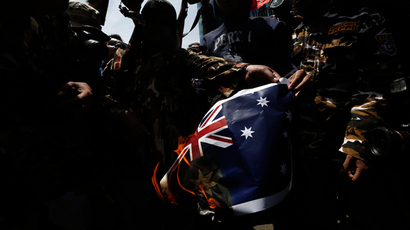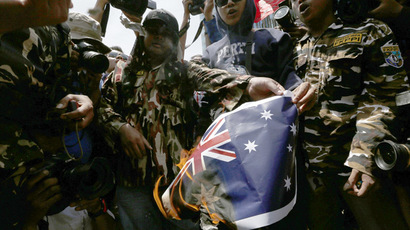Australian spy agency offered to share citizen info with foreign allies - new leaks
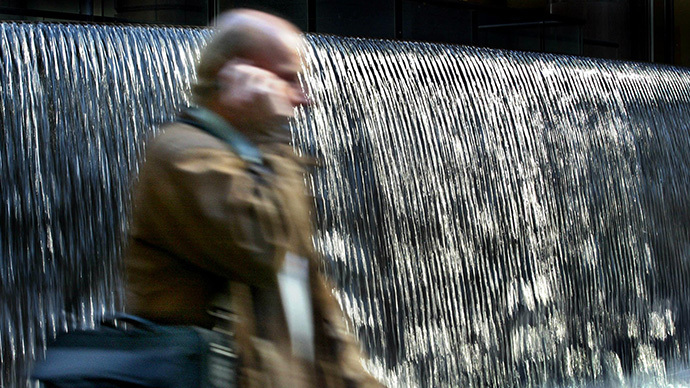
An Australian spy agency was ready to share data on its citizens with its partners from the so-called 5-Eyes alliance, according to a freshly-released document from the files leaked by Edward Snowden.
The secret document, reported by the Guardian Australia, features
notes from an intelligence conference hosted by Britain in 2008,
where representatives from the spy agencies of the 5-Eyes group
members (Australia, Britain, Canada New Zealand and the US)
discussed how far it was appropriate to go in sharing
surveillance information.
According to the notes, Australia’s Defence Signals Directorate
(DSD) - which has since changed its name to the Australian
Signals Directorate - was ready to go further than some of its
partners.
"DSD can share bulk, unselected, unminimized metadata as long
as there is no intent to target an Australian national," the
leaked notes read. "Unintentional collection is not viewed as
a significant issue."
That means Australia saw nothing wrong in sending over to its
foreign allies metadata, including that of its own citizens.
Metadata is just the information on when and where a certain
phone call was made or an email was sent. For more profound
inquiries on its citizens, Australian intelligence officials said
they would require a warrant.
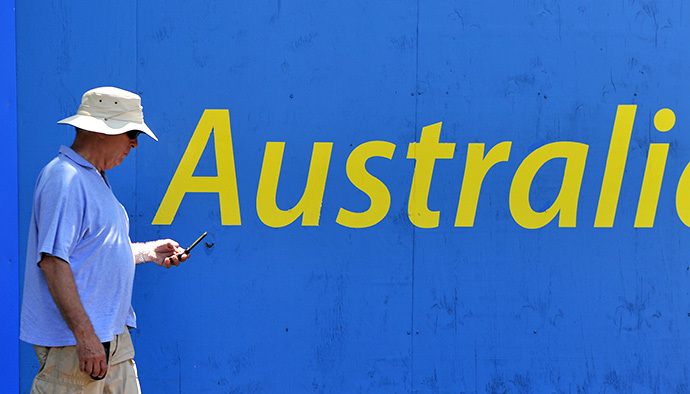
“However, if a ‘pattern of life’ search detects an Australian
then there would be a need to contact DSD and ask them to obtain
a ministerial warrant to continue,” the conference notes
read. A ‘pattern of life’ search means a more detailed one.
The Australian attitude is in contrast to that of Canada, which
at the same conference said it would send its bulk metadata to
its foreign partners, only after the information on its own
citizens is ‘minimized’, meaning removed from the files to
protect the privacy of the Canadian citizens.
The participants of the intelligence agencies meeting also
discussed if some particular types of information – “medical,
legal, religious” – should be restricted from sharing as
sensitive. The issue was left for each of the alliance members to
decide on their own.
"It was agreed that the conference should not seek to set any
automatic limitations, but any such difficult cases would have to
be considered by 'owning' agency on a case-by-case basis,"
the document reads.
The record of the 2008 5-Eyes meeting is described as a draft
document and does not shed light on whether things spoken about
there led to any final decisions.
Still, human rights lawyer Geoffrey Robertson QC believes the
information presented in the leaked conference report is enough
to believe the Australian spy agency could go beyond the realm of
law.
“This would be a breach of sections 8 and 12 of the
Intelligence Services Act 2001. Snowden’s evidence that that DSD
ignored this law (or was ignorant of its correct interpretation)
raises the prospect that law-abiding Australians have had their
personal data wrongfully collected and transmitted to bodies
which may use it to damage them,” Robertson commented in a
column written for the Guardian.
The revelation sparked huge controversy inside Australia. The
Greens have demanded explanations from the government.
"If you inadvertently gather metadata on an Australian citizen
you're not meant to share it, you're meant to destroy it,"
Greens Senator Scott Ludlum said as cited by the ABC. "Our
call again on the Australian Government is to come clean. Stop
waiting for these disclosures to be made one by one in the
Australian press and the world press. Front-foot it.”
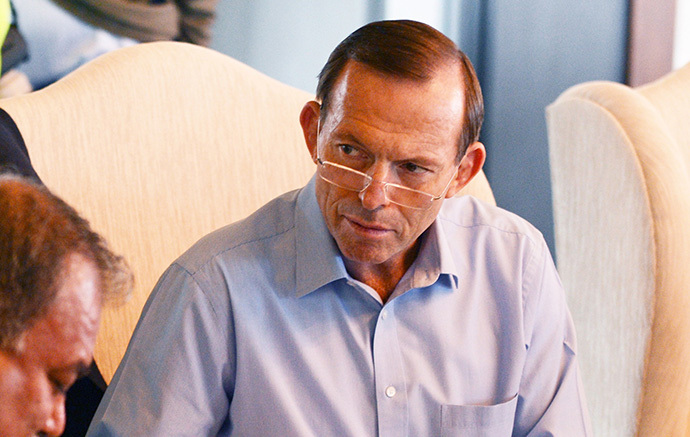
Prime Minister Tony Abbott has spoken in defense of Australia’s
intelligence activities, seeing nothing illegal in it.
“If there's any evidence that we have acted inappropriately,
that we have done something illegally, produce the evidence and
the matter will be dealt with,” Abbott told reporters on
Monday. “But there's nothing that's in the public arena,
there's nothing that I am privately aware of, to suggest that any
Australian law has been broken.”
Australian Attorney-General George Brandis has described Edward
Snowden as a “traitor” and questioned the reliability of the
leaked conference notes.
"I note that the document on which the report is based is
unverified,” Brandis said as cited by the Australian. "I
also note that the unverified document is described as a draft
document which, contrary to the reports, does not report or
record any activity by any Australian intelligence agency."
The release of the British conference notes comes as the
Australian leadership is still feeling the effects of the
November Snowden revelations, which showed that Australian
spies attempted to tap the phones of Indonesian President Susilo
Bambang Yudhoyono and his wife. The leak sparked a diplomatic row
between the two countries.













